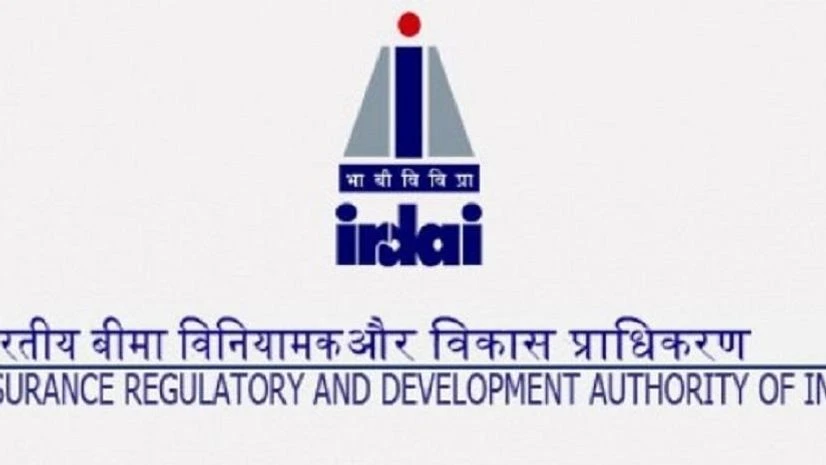The Insurance Regulatory and Development Authority of India (Irdai) has introduced reforms to simplify motor, health and home insurance. It released a master circular called ‘Reforms in General Insurance Business’ on May 11.
The regulator has updated and clarified rules: From timeline to settle motor insurance claims to changes in the cancellation policy. Its aim is to ensure that insurers settle claims promptly and efficiently, reducing delays and helping policyholders.
Key highlights of new rules:
More From This Section
Flexible policy: Customers can now opt for insurance policies that span less than a year, annual, or even more than a year, providing more choices to fit individual needs and preferences.
Customer Information Sheet (CIS): It will provide clear and concise policy details including scope of coverage, exclusions, warranties, and claim settlement processes.
Timely claim settlement: Insurers are now required to settle claims within seven days of receiving a survey report. This timeline is designed to ensure that policyholders receive settlements promptly.
Also Read: Policyholders can cancel policy at any time by notifying insurer: Irdai
Also Read: Policyholders can cancel policy at any time by notifying insurer: Irdai
Surveyor report submission: Surveyors are expected to submit their reports within 15 days of allocation. Insurers are responsible for obtaining these reports within the specified timeframe, ensuring that the claims process remains efficient.
No claim rejection for lack of documents: Irdai has clarified that no claim can be rejected due to the unavailability of documents. Insurers must call for all necessary documents at the time of underwriting the proposal, and policyholders may be asked to submit only those documents related to the claim settlement process.
Pay-as-You-Drive and Pay-as-You-Go Options: Insurers are now required to offer pay-as-you-drive and pay-as-you-go options to customers as their first choice in motor insurance policies. These innovative options provide policyholders with more flexibility and control over their premiums.
Cancellation: Retail policyholders can cancel their policies at any time without citing a reason. Insurers, however, can only cancel policies on grounds of established fraud, after issuing a seven-day notice. In such cases, the insurer must refund the proportionate premium for the unexpired policy period.
No burden on policyholders for salvage disposal: Insurers are now responsible for collecting salvage from policyholders, streamlining the claims process and removing an additional burden from the customer.

)
